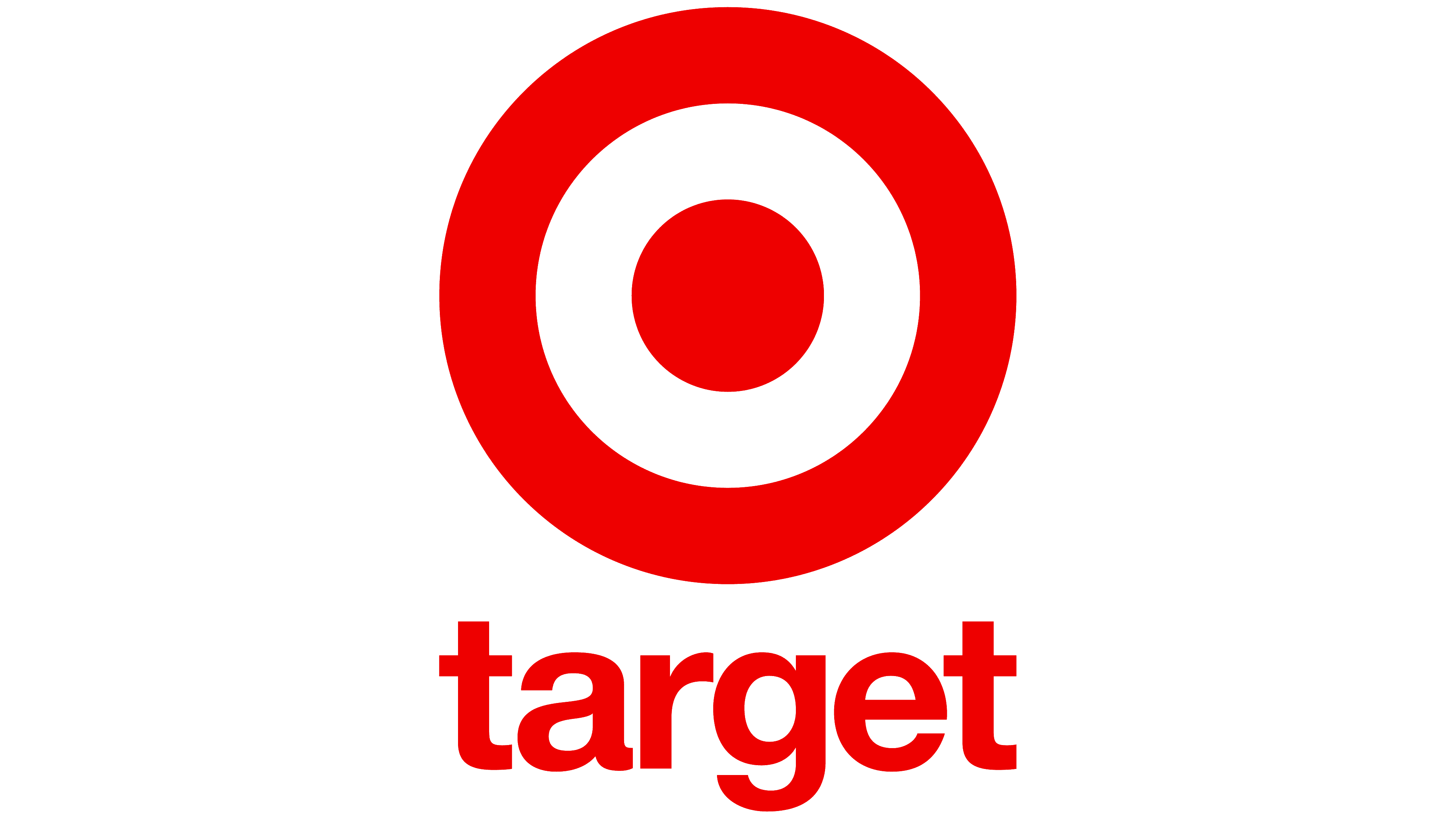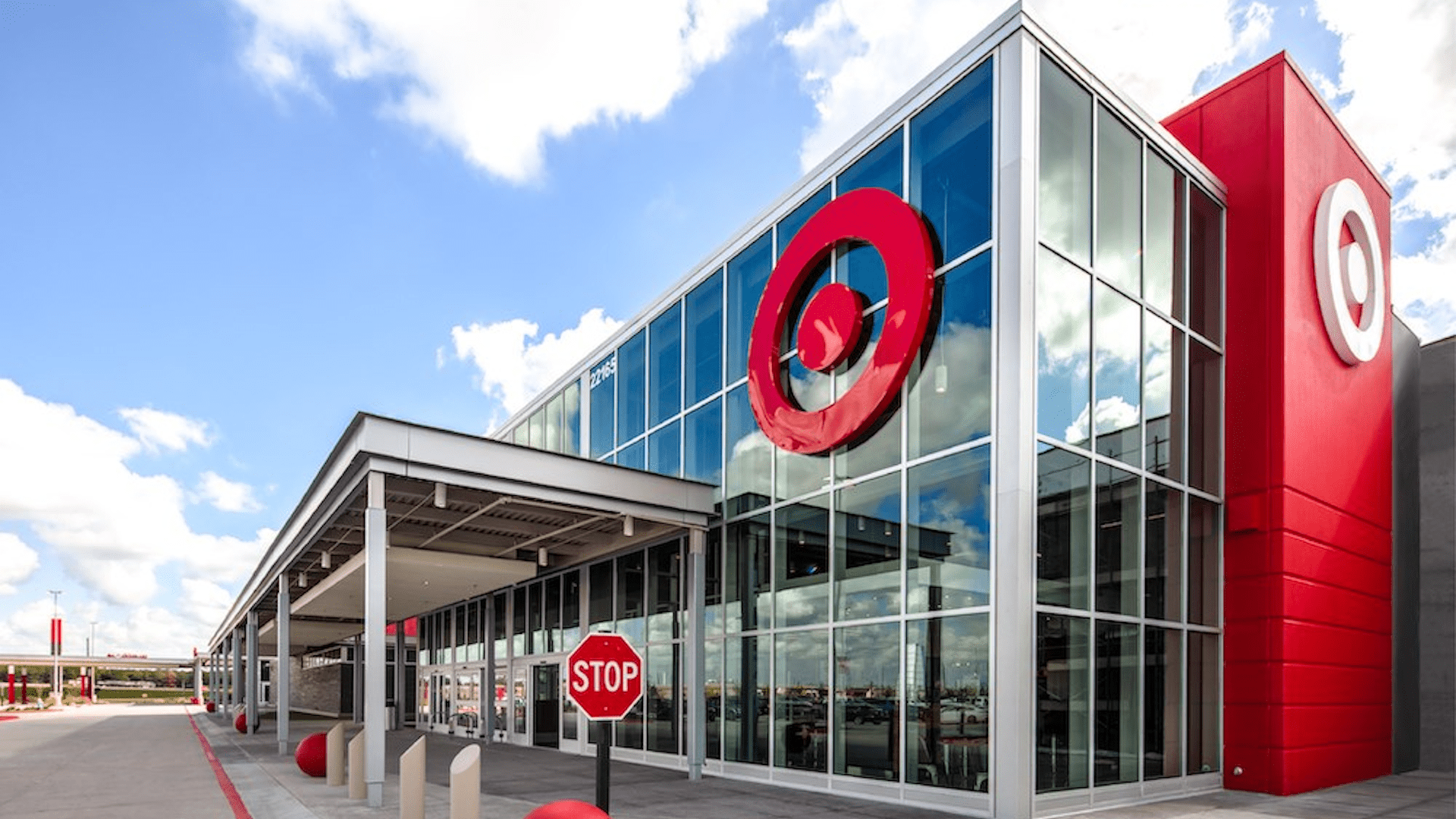So, you might’ve heard the phrase “Target boycott Jamal Bryant” floating around online or in conversations. But what does it really mean, and why did it happen? Back in 2015, a lot of folks got upset when Target sold merchandise featuring Pastor Jamal Bryant’s face and his controversial quotes. Some people felt like the brand was supporting views they considered disrespectful or offensive. This led to a wave of negative reactions, including calls to stop buying from Target until they pulled the products. For many, the issue wasn’t just about a T-shirt or a hoodie—it was about values, representation, and what big companies choose to stand for.
Now, it’s been a few years since all that went down, but the story still pops up from time to time. People bring it up when talking about brand responsibility or how social media can shape a company’s actions. And if you’re wondering what it all means today, you’re not alone. In this post, we’ll walk through what happened, why it mattered, and how it fits into the bigger picture of consumer activism.
So, whether you’re hearing about this for the first time or just want a refresher, this post is here to help you understand the full story behind “Target boycott Jamal Bryant.” Let’s take a look at what went down and how it affected both Target and the people who spoke out.
- Unveiling Natalie Imbruglias Family Legacy The Influence Of Elliot And Maxene
- Understanding The Legacy Of Zaho De Sagazans Father Olivier De Sagazan
- World War 1 Museum
- Discover Verbaluce Unlocking The Secrets Of Memory In Spiderhead
- Allegations Against Pastor Keion Henderson And Wife A Comprehensive Guide
Table of Contents
- Jamal Bryant: A Quick Look at His Background
- What Happened With the Target Boycott?
- Why Did the Target Boycott Jamal Bryant Story Matter?
- The Role of Social Media in the Boycott
- How Did Target Respond to the Boycott?
- FAQs About the Target Boycott Jamal Bryant Situation
Jamal Bryant: A Quick Look at His Background
Jamal Bryant is a well-known American pastor based in Atlanta, Georgia. He leads the Worship Center Church and is famous for his energetic preaching style and outspoken views on faith, culture, and relationships. Over the years, he’s become a prominent voice in Christian media, with a strong presence on social platforms and a loyal following.
Here’s a quick snapshot of who Jamal Bryant is:
| Full Name | Jamal H. Bryant |
|---|---|
| Born | October 26, 1971 |
| Age (as of 2025) | 53 years old |
| Place of Birth | Rockingham, North Carolina |
| Occupation | Pastor, Televangelist, Author |
| Church | Worship Center Church (Atlanta, GA) |
| Spouse | Lauren Scruggs Bryant |
| Children | Three daughters |
What Happened With the Target Boycott?
In early 2015, a brand called Everlast had a line of clothing that included quotes and images of Pastor Jamal Bryant. One of the most talked-about items was a hoodie that said, “The devil said I can’t, but God said I can.” While some people loved the message, others didn’t feel the same way.
- Vanessa Morgans New Love Meet Her Boyfriend Michael Kopech
- Peaks Of Otter Lodge
- Unveiling The Identity Of Dwayne Anthony Jones Jr Suspect In A Murder Investigation
- Top Tier Solar Solutions
- Unsolved Mystery The Disappearance Of George Skiadopoulos In The Julie Scully Murder Case
What made things blow up even more was that Target, a major retail chain, was selling these items in stores and online. That’s when the backlash started. On social media, users began calling out Target, saying that by selling Jamal Bryant merch, the store was supporting views they considered problematic.
Some folks felt like the messages on the clothes were too divisive or even offensive. Others said that Bryant had made controversial statements in the past that didn’t align with their values. Either way, the calls to boycott Target grew stronger, with people asking others not to shop there until the products were pulled from shelves.
Why Did the Target Boycott Jamal Bryant Story Matter?
At first glance, it might seem like just another brand controversy, but this one really hit a nerve. For starters, it showed how powerful social media can be in shaping public opinion and holding big companies accountable. People weren’t just mad about a hoodie—they were upset about what they felt Target was endorsing by selling it.
This wasn’t the first time a brand faced backlash for selling something controversial, but it was a reminder of how quickly things can go viral. And for many, the story raised questions about freedom of expression, corporate responsibility, and how companies should respond when their products spark outrage.
It also brought attention to the way religious figures are portrayed in mainstream culture. Jamal Bryant’s messages were seen by some as inspiring, but others saw them as polarizing. This made the debate even more intense, and it showed how personal and emotional these kinds of issues can be.
The Role of Social Media in the Boycott
Social media played a huge part in the “Target boycott Jamal Bryant” movement. Platforms like Twitter, Facebook, and Instagram were flooded with posts, comments, and hashtags calling out Target for selling the merchandise. Some people shared pictures of the items with angry captions, while others urged their followers to stop shopping at Target.
The hashtag #BoycottTarget started trending, and the conversation spread fast. Influencers, regular users, and even celebrities joined in, amplifying the message. In just a few days, what started as a small complaint turned into a full-on public relations issue for Target.
What’s interesting is that social media gave everyday people a voice. It didn’t matter if you were famous or not—your opinion mattered, and you could reach thousands with just one post. That’s one reason the boycott caught on so quickly and why Target had to respond so fast.
How Did Target Respond to the Boycott?
As the backlash grew, Target had to make a decision. Would they keep selling the Jamal Bryant merchandise or pull it off the shelves? The company quickly realized that the controversy was hurting their image, so they took action.
They decided to stop selling the products and issued a statement explaining their choice. They said they were committed to offering products that respected all customers, and that they would review their selection process moving forward. That response helped calm some of the anger, but not everyone was satisfied.
Some people praised Target for listening to customer concerns and making a change. Others felt like the company was being pressured to cave in to public opinion rather than stand by their decisions. Either way, the incident served as a lesson in how important it is for big brands to be careful about the products they choose to sell.
Frequently Asked Questions
1. Why did people boycott Target over Jamal Bryant merchandise?
People were upset because they felt the clothing items with Jamal Bryant’s quotes were promoting views they considered offensive or divisive. The backlash was mainly driven by social media, where users called for a boycott until Target removed the products.
2. Did Target stop selling Jamal Bryant merchandise?
Yes, Target removed the merchandise from both stores and online after the backlash grew. The company stated that they wanted to ensure their product offerings were respectful to all customers.
3. What’s the bigger takeaway from the Target boycott Jamal Bryant situation?
This situation showed how powerful consumer activism can be, especially when amplified by social media. It also reminded companies that the products they sell can have a big impact on their brand reputation and public perception.
If you're looking for more info on how to shop smart and support companies that match your values, Learn more about how to make informed choices when it comes to your purchases.
For more details on Target’s current policies and how they’ve changed since this event, you can also check out this page for updated information.
Related Resources:
- Unveiling Eswari Raos Net Worth Height And Personal Life
- Rajwinder Singh The Man Behind Toyah Cordingleys Tragic Murder
- Unlocking The Story Behind Nba Rising Star Max Christies Family
- Justin Chambers Family A Deep Dive Into His Wife And Children
- Lindsay Lohans Net Worth Career And Charitable Contributions



Detail Author:
- Name : Marquis Crist
- Username : dreichert
- Email : reynold41@carter.com
- Birthdate : 1979-12-24
- Address : 73239 Kelley Isle Apt. 958 Dietrichstad, SD 54343
- Phone : 901-686-3408
- Company : Wuckert, Block and Rogahn
- Job : Artist
- Bio : Neque molestias vel qui ut ex alias est. Sunt dolor doloribus aut illum rerum dolor. Dolorum voluptate in suscipit. Sed quo ullam suscipit exercitationem repellat qui.
Socials
facebook:
- url : https://facebook.com/mfisher
- username : mfisher
- bio : Natus fugiat quia sint. Voluptas doloribus culpa molestiae et et enim.
- followers : 5851
- following : 547
linkedin:
- url : https://linkedin.com/in/marian5104
- username : marian5104
- bio : Quo qui dolor qui.
- followers : 807
- following : 2083
twitter:
- url : https://twitter.com/fisher1986
- username : fisher1986
- bio : Itaque cumque et et sunt natus enim. Inventore voluptatibus illum facere minus. Molestias quasi vero error eveniet dolorem.
- followers : 3279
- following : 1823